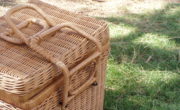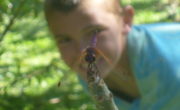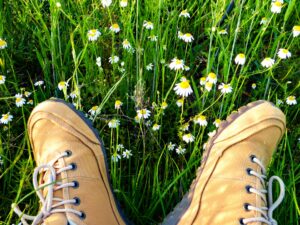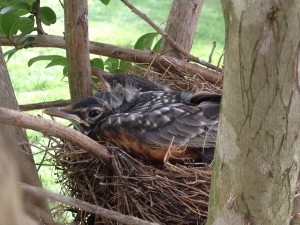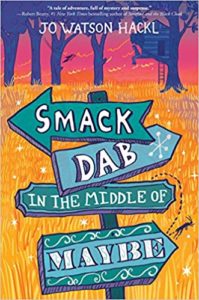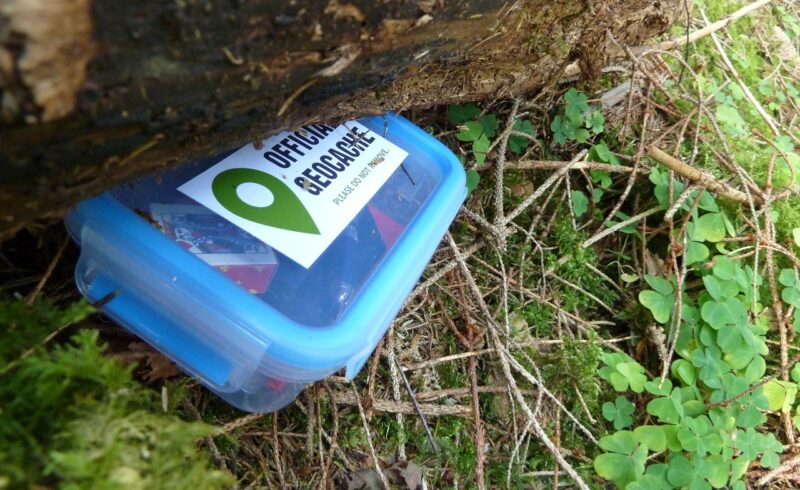
As a kid, one of my favorite camping or hiking activities was to go geocache hunting. For those who are not familiar, a geocache is a box or container hidden in a public space, containing family-friendly trinkets to trade and a logbook to sign. You can take something from the cache, as long as you leave something else of equal or greater value. I remember taking home a rotary club coin and a rubber ball and leaving things such as plastic dinosaurs in each cache.
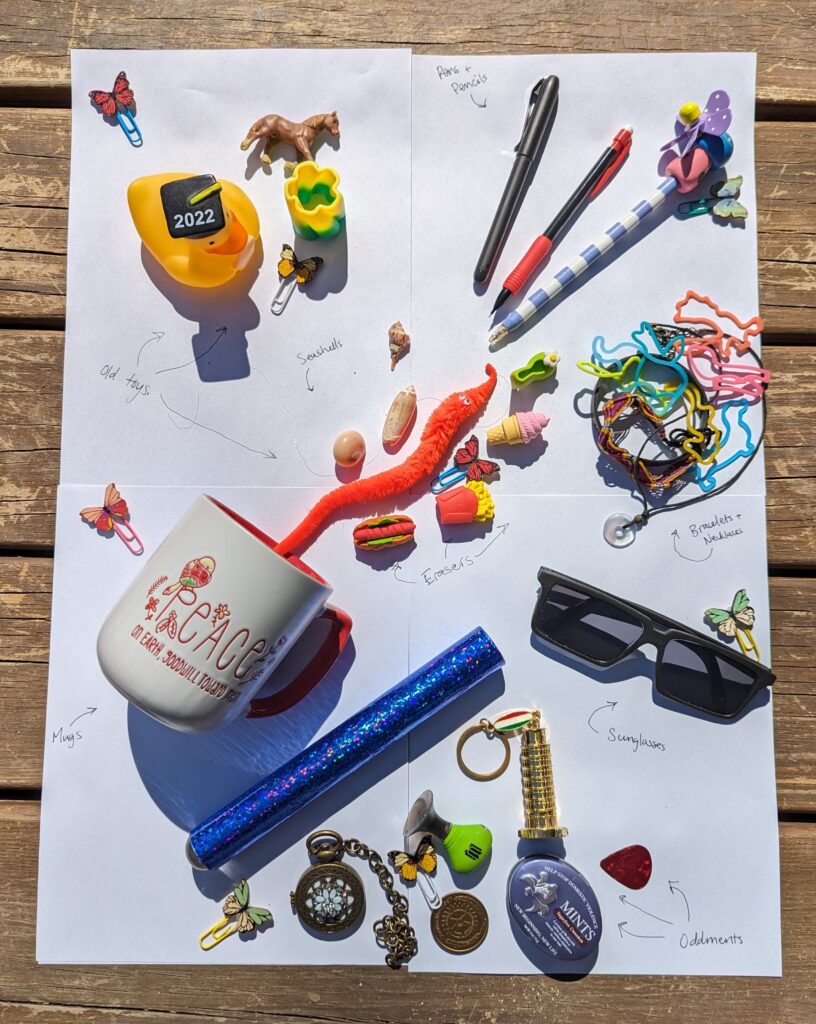
Geocaches come in many sizes; some are easy to spot, while others are expertly hidden. A cache might be concealed inside a rotten log, in the crook of a tree, or partially buried under leaves.
Where to Geocache
My family always chose locations that required a hike, or locations near our camping sites on vacation. There are many caches located near trails in State Parks or other public parks. We would download the GPS coordinates of the cache, hike along the trail to the given location, and then break loose to search. Sometimes the description of the cache also included a helpful riddle, or a clever name that served as a clue. Hunting could take anywhere from five to thirty minutes, depending on how well the cache was hidden, but it was always rewarding once we found the box, unlatched it, and got to search through the treasures inside.
Locations and coordinates are available on the official geocaching website HERE. The difficulty and terrain of each entry is labeled, along with the size of the cache, so you can choose a hunt that works well for your group.
The Trinkets
Some fun things to trade include small toys or figurines, keychains, a poem, a fun pencil or pen, small souvenirs, inexpensive jewelry, or even a book or coffee mug for larger caches. It’s totally up to you how much you want to invest; you can clean out dusty toy bins in the closet for this activity or buy new things.
Family Fun
Geocaching doesn’t have to be an outdoor game, but it can be an excellent activity to add on to a hike, or a fun motivator to explore nearby parks and green spaces. It’s free, exciting, and family friendly. And it’s up to you to decide how much of a challenge it will be! Good luck with your hunting, and don’t forget to read the riddles!





